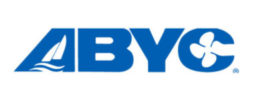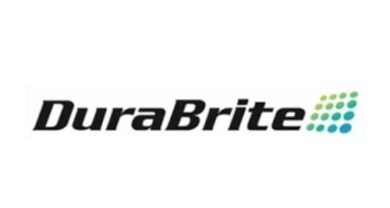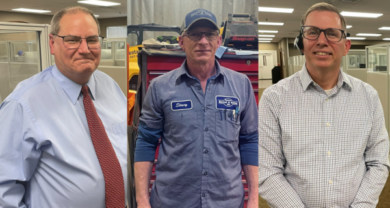NMTA reaches stormwater settlement
SEATTLE – The Northwest Marine Trade Association, the Puget Soundkeeper Alliance and the state Department of Ecology have signed an agreement today ending a 15-month appeal by NMTA and PSA regarding the department’s 2005 permit regulating stormwater runoff found at boatyards in the state, the NMTA said in a release this week.
In January 2007, the state Pollution Control Hearings Board, an independent panel that hears appeals to state agency decisions, issued a ruling upholding the 2005 permit. Instead of extending expensive appeals by both sides, NMTA and PSA met with representatives from Ecology to reach a settlement and find common ground on the issue.
As a result, all parties agreed to pool resources and establish the “Stormwater Pilot Project” – a unique study linking the efforts of industry, environmental and state efforts.
“Puget Soundkeeper Alliance is very excited to be part of a collaborative and solution-oriented effort like this,” said PSA executive director Sue Joerger. “We believe that this will bring us all a step closer to cleaner water for Puget Sound.”
The project will examine the latest environmental technologies, including “electrocoagulation,” a process that uses electromagnetic energy to separates solids such as copper from water.
NMTA President Michael Campbell said once the effectiveness of these technologies is known, boatyards will be better able to operate in the “cleanest and environmentally friendly way possible.”
“Boaters and the boating industry want clean water as much or more than anyone,” said Campbell. “This pilot program will help us achieve our common goals for clean water for all forms of life and our community.”
Dave Peeler, manager of Ecology’s water quality program said the settlement is “another early step toward finding ways to block pollution from getting into Puget Sound. Its outcomes will help boatyard owners play a responsible role in taking care of our marine waters.”
The agreement also establishes a pilot program that examines the effectiveness of technologies that could reduce toxic runoff into state waters.
Background
In November 2005, Ecology issued an updated stormwater permit requiring boatyards to meet new standards to control levels of copper, lead and zinc found in the facilities’ runoff into nearby water bodies. Soon after the ruling, NMTA – which is comprised of nearly 900 recreational boating businesses and more than 70 boatyards across the state – appealed the permit, calling the new requirements unattainable.
At the same time, the PSA whose mission is to protect and preserve Puget Sound felt that the permit was not stringent enough.
Rain and surface water that runs through boatyards and businesses that repair and service boats on waterfront property, picks up debris from boatyards and related businesses as well as nearby areas. Copper is a critical concern – and the mineral is used in boat paint to deter plant and animal growth on boats. Studies by the National Oceanic &Atmospheric Administration’s Fisheries Service have shown that dissolved copper adversely affects the neurological responses in juvenile salmon, particularly their sense of smell.
- For more of the latest news, click here.




